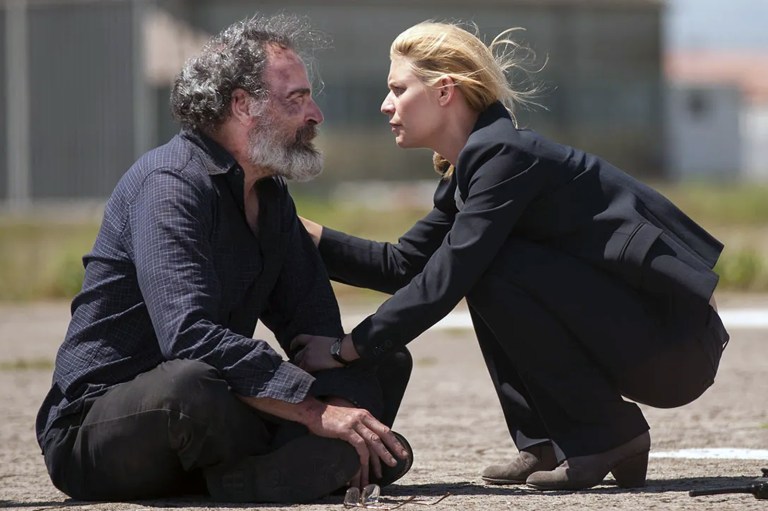
10 Signs You Are Not In The Right Relationship, According To Psychology
Sometimes being in the right relationship is simply making minor tweaks to your already established relationship.
By ![]() Leena Lomeli
Leena Lomeli
First of all, let me define the term and context of what a ‘right relationship’ actually means. For me and my interpretation of what a right (good) relationship looks like, it looks a lot like wellness. A healthy relationship, one that meets your needs, one that inspires you, one that holds you, and one that lifts you up and encourages you, that is what a right relationship is. The ‘right relationship’ looks different per person, we are all different! However, there are some commonalities when talking about what a healthy and good relationship looks like. There is a very clear line in regards to what is healthy, and what is unhealthy. What love is supposed to make you feel like, and what it is not appropriate ways to communicate and engage with your relationship(s), and inappropriate ways.
Sometimes being in the right relationship is simply making minor tweaks to your already established relationship. Other times, it’s being honest with yourself and taking a different approach. Relationships take work. However, a healthy relationship is made up of two healthy people. If we aren’t putting the work into the right areas, it will never work how we truly want it to. Destructive and abusive relationships fundamentally change the way we feel about ourselves, and they detrimentally affect the lives that we live. According to an article published on Psychology Today by Kira Asatryan titled 4 Ways To Figure Out If You’re With The Right Person or Not.. and why it doesn’t have to be perfect to be right, Kira talks about the importance of paying attention to how relationships make us feel rather than small details that we often times focus on. At the end of the day, relationships are supposed to make us feel good about ourselves. We should never question our self-worth, actions, or anything. We should feel encouraged.
Here are 10 signs you are not in the right relationship:
1. Your needs are constantly being dismissed.
2. Your partner refuses to take personal accountability for anything.
3. You don’t feel heard.
4. Your feelings and emotions intentionally get picked at.
5. The relationship lacks stability.
6. You feel afraid of communicating things due to your partner’s responses/reactions.
7. Your friends and family (your support network) have reasonable concerns.
8. You don’t feel supported and encouraged to be your own + independent person.
9. The relationship doesn’t inspire you.
10. You or your partner are unable to emotionally regulate yourself and use your coping skills. ![]()











